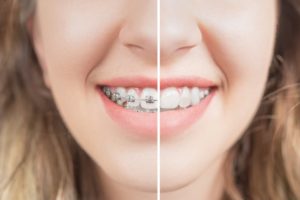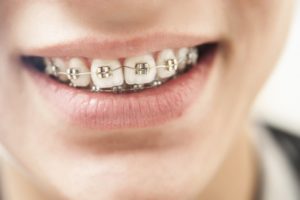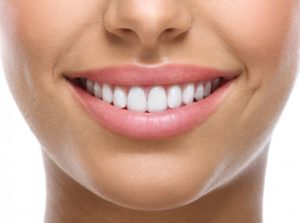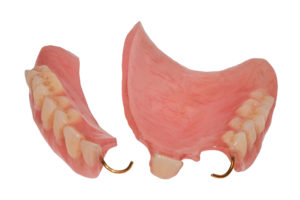
Are you nearing the end of your treatment with traditional braces in Belmont? No doubt, you are looking forward to the day when your braces are removed and you can start to enjoy all the benefits of your new smile. Still, life after braces might come with some challenges and sensations that you did not anticipate. In this blog post, we will discuss some things to keep in mind as you adjust to your new circumstances.
(more…)



